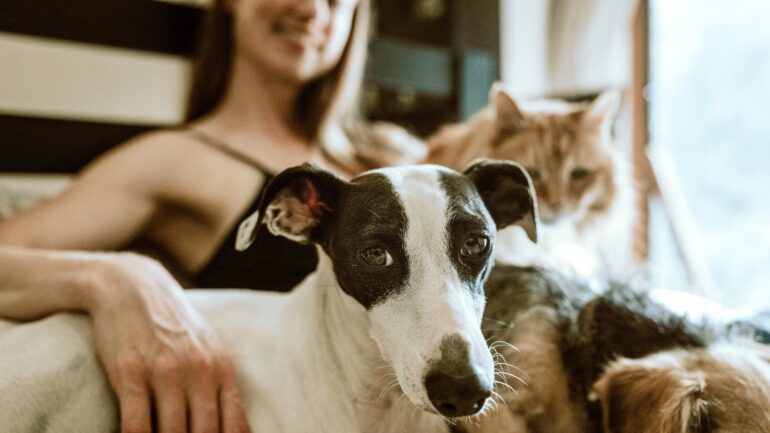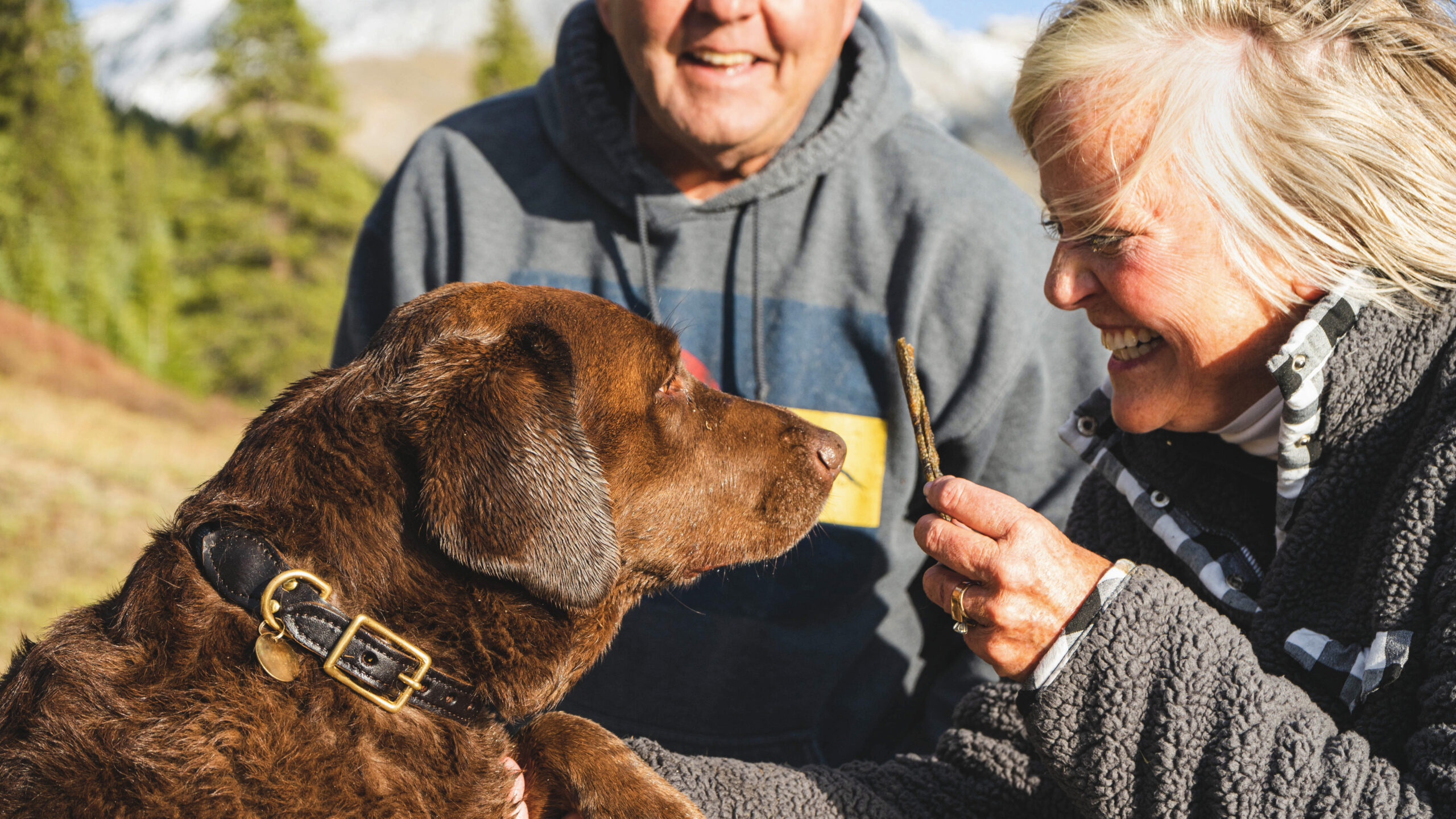Most people love animals and most people also love having pets. But the pandemic — and the phenomena of “pandemic pets” — put blinders on the reality of how difficult and expensive it can be to take care of pets.
Jonathan (Yoni) Gootgarts, a veterinary student at the University of Guelph and founder of the Fur Your Friends Foundation, which collects new and lightly used pet supplies and donates them to shelters, said people didn’t anticipate the costs of pets when they got them during the pandemic.
“People are now realizing that they can no longer afford these pets, their pets are also growing, they might have gotten breeds that they weren’t expecting to grow, so a lot of things are changing in their households,” Gootgarts said.
“So now, the shelters are overburdened with more animals because people are returning their animals because they can no longer house them,” he said. “So the shelters have more demand for donations.”

Animal care has gotten more expensive here in Ontario. According to the Ontario Veterinary Medical Association, the annual average cost of caring for a dog is approximately $3,724 and for cats, it is approximately $2,542. Photo credit: Unsplash/Chewy
He said given the cyclical nature of what’s been happening with animal care, given the rising costs and post-pandemic realization, that shelters have been immensely thrilled to collaborate with foundations like Gootgarts’.
“There is never an instance where a shelter cannot use the items you give them,” he said.
“Whether they pass it onto another shelter, whether they give it to an owner, whether they give it to themselves for the animals in the shelter,” Gootgarts said.
According to the Ontario Veterinary Medical Association, the annual average cost of caring for a dog is approximately $3,724 and for cats, it is approximately $2,542.
With animal shelters inundated with large numbers of surrenders, a tough lesson was taught that owning a pet in 2022 was a bigger commitment than many Canadians were prepared to make.
Daniela Zambito, a woman living in Bolton, Ont., owns a Golden Labrador and finds herself spending huge sums of money for just the bare necessities of caring for her pet.
“I brought my dog to the vet for fleas, ticks and worms and after everything, it came out to about $800,” Zambito said.
Zambito said a problem in the cost of basic care for animals is that insurance doesn’t offer much help and coverage isn’t necessarily all-encompassing.
“I got insurance, but when I received the underwriting, they excluded everything,” Zambito said. So I just cancelled it and looked for a better option.”
Filippo Lepelli, a pet owner who also lives in Bolton, found himself in the same situation and insurance isn’t helpful enough given the cost of it.
“You’re spending that much money on insurance for nothing,” Lepelli said. “The cat that I had last year had difficulty breathing and I had to dish out about $600 just to get tests done.”
Lepelli said he didn’t have insurance at the time because he thought it wasn’t worth the money as they didn’t cover anything. In the case of his cat, the care that was prescribed by the veterinarian was able to help but didn’t do enough to make the cost worth it.
“After all the tests, they suggested we do an emergency surgery which would cost me about $2,000 and would only extend the cat’s life for about three months,” he said.
Lepelli said the cat had to be put down, which was a difficult decision for him to make.
Pet food has also become very expensive coupled with the rise in inflation. Zambito said that she’s paying about $2,000 a year for all of her expenses added up.
“For food alone, I’m spending about $100 a month,” she said.
The rising cost of pet care and the bills people have to pay to support their pets are hurting the quality of life of animals all across Ontario. In Lepelli’s case, the cost of an emergency surgery didn’t make sense and the difficult decision to put his cat down had to be made because his cat’s quality of life couldn’t be improved enough.
It’s a decision many have had to make and some people will opt out of doing the right thing for their pets leading to a poorer quality of life either under their care or in the care of a shelter.

